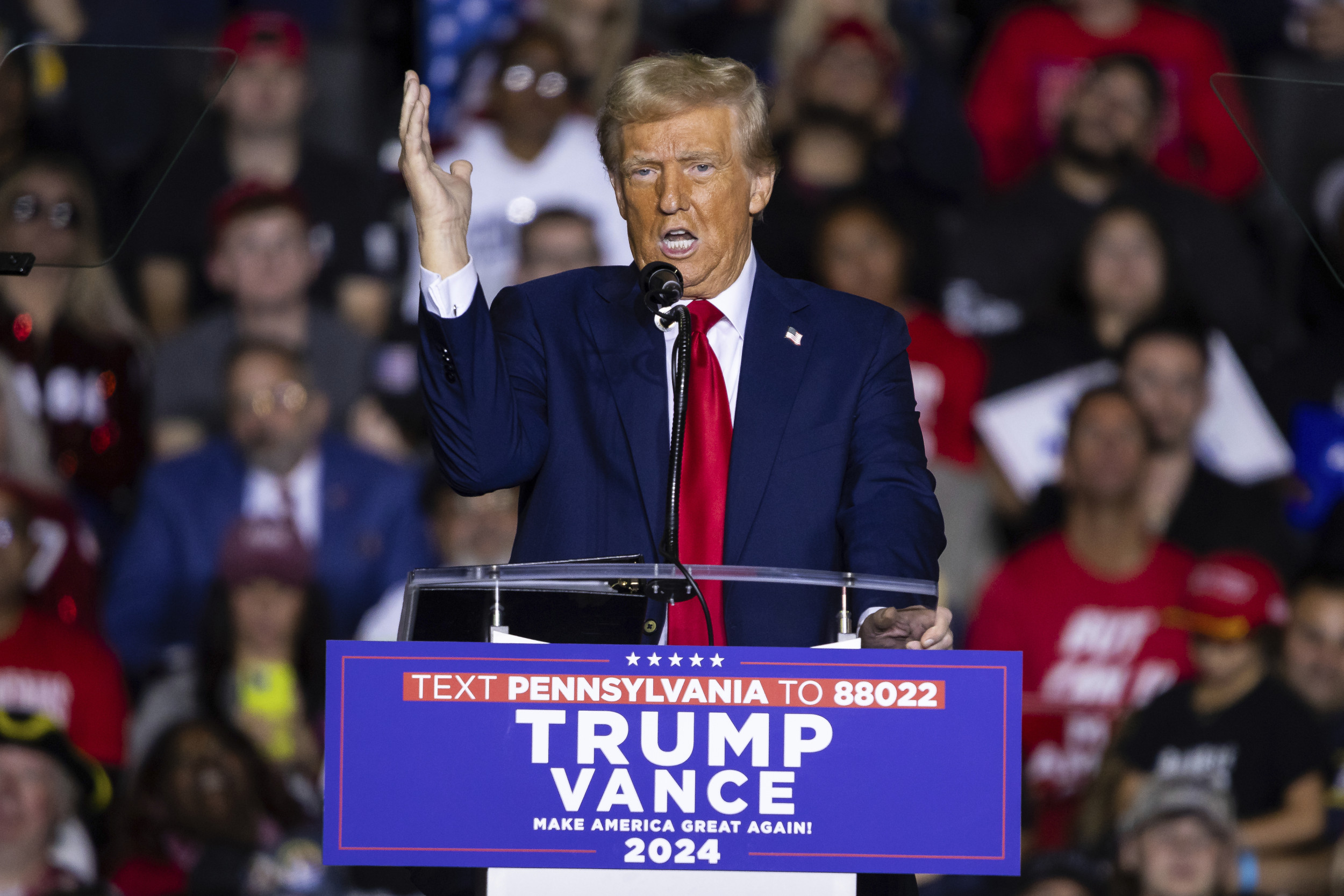A recent poll highlights that Republicans are more likely to feel fearful about the current state of the world compared to Democrats and independents. Conducted by YouGov, the survey revealed that 35% of Republicans reported being “very scared,” in contrast to 24% of Democrats and 34% of independents.
Additionally, 46% of Republicans indicated they were “somewhat scared,” as opposed to 43% of Democrats and independents. This data was gathered from a sample of 1,113 U.S. adults between October 17 and 19, with a margin of error of ±3.8 percentage points.
According to Dr. Gift, these fears may arise from “rapid social, technological, and political changes,” including concerns over immigration and cultural shifts, which may play to Donald Trump’s advantage in the upcoming election. “Trump has a knack for leveraging these fears, portraying America as a nation in turmoil,” he noted.
The Trump campaign has yet to respond to the poll findings.

While the poll didn’t delve into specific fears, it examined various future scenarios. Around 44% of participants believed a “total economic collapse” within the next decade was possible, with 40% fearing the U.S. would cease to be a global superpower and 36% concerned about potential “breakdowns of law and order.” Notably, 35% thought a civil war between Democrats and Republicans could occur.
Throughout the 2024 election cycle, many Republicans have expressed unease regarding economic futures. A staggering 76% of Trump supporters feel worse off now than four years ago, while only 19% of Harris supporters share this sentiment.
The Harris campaign has spotlighted fears surrounding democracy as vital to its strategy. Research from Impact Social suggests her focus on Trump’s alleged anti-democratic actions strikes a chord with pivotal swing voters.

Voters are also prioritizing issues like immigration, abortion, and healthcare. Recent polling from Redfield & Wilton Strategies found abortion is now the second most important issue for voters, surpassing immigration, especially among women who prioritize it more than border control, which men tend to emphasize.
